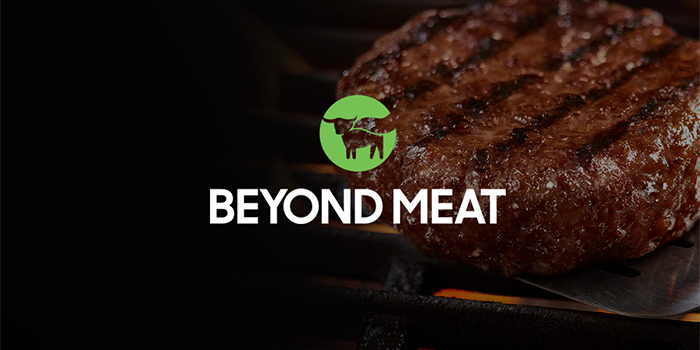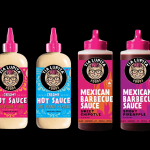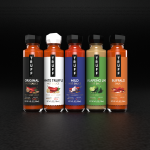Beyond Meat Looks To Cut Costs While Sales Keep Sliding

Plant-based meat sales continue to trend downward for Beyond Meat during the second quarter, with revenue declining 1.6%. As a result , the company has cut back manufacturing costs and laid off approximately 4% of its workforce (~40 employees), a move intended to save the company $8 million annually, CEO Ethan Brown explained on a call with investors.
Beyond’s sales decline has been attributed to price-sensitive consumers bypassing premium products like plant-based meat, according to an earnings report issued on Thursday. Brown said this sensitivity, in addition to higher commodity costs, are expected to delay the company’s post-COVID growth plan. Beef prices are approximately $4.90 per pound as of June, according to data from the USDA; in contrast, Beyond Meat’s crumbles are available for $8.35 per pound.
“In a kind of unfortunate way, it’s reinforcing our strategy, and it’s propelling us and challenging us to try to wring costs out of our system as quickly as we can,” said Brown in response to a question from investors. “While there’s a lot of things that are obscuring our cost-down initiatives, we are seeing progress, particularly on a sequential basis… Now what we need to be able to bring into the market is a resumption of volume growth so that we can spread out those costs among more production.”
The company said it is working to lower operating expenses and production costs by focusing first on trimming its manufacturing budget. Beyond recently secured a lower cost pea protein isolate (PPI) and has begun integrating the ingredient into its formulation. Brown also noted it has cut out specific packaging components and is working on contracts to procure key ingredients for a lower price.
According to CFO Phil Hardin, Beyond was able to reduce operating expenses by 15% (around $14 million) as it looks toward achieving its pricing and margin goals.
The below-expected performance comes on the heels of its Beyond Jerky launch in March, in partnership with PepsiCo, of which Hardin said the team has high expectations for despite velocities turning below initial projections. Hardin noted that lower-than-expected demand across Beyond’s portfolio had a significant impact on gross profits in Q2, leading the company to sell certain inventory at “a deep discount” into the liquidation channel.
However, this low consumer demand is not exclusive to Beyond Meat. According to recent SPINS data, refrigerated plant-based meat sales have “accelerated its rate of contraction” from -3.6% in March to -12.5% as of mid-July.
Outside of retail, Beyond is pushing onward with test launches in foodservice both in the U.S. and internationally in China, Australia and countries across Europe. The McPlant Burger has become a permanent addition to McDonald’s U.K. menu and is being tested in 270 locations in Australia. Earlier this year, the company launched Beyond Fried Chicken at KFC and has tested numerous products with Pizza Hut both in the U.S and internationally.
“We recognize progress is taking longer than we expected, notwithstanding the increasing urgency and importance of our opportunity,” said Brown, in a press release. “Our transition to mass market consumption will occur as we actualize our vision: providing consumers with plant-based meats that are indistinguishable from, understood as healthier than, and at price parity with their animal protein equivalents. With the recent, dramatic, decline in consumer buying power, the importance of delivering on our price parity targets is magnified. We take note of this powerful reminder, and continue to advance as well as broaden cost reduction activities in service to realizing price parity.”


















